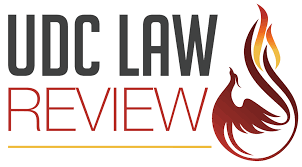
Abstract
On October 19, 2011, the mayor of Washington, D.C. issued an Executive Order to limit the District's cooperation with the federal government's Immigration and Naturalization Service in identifying and deporting undocumented residents.' In so doing, the mayor joined with many other communities' that, while specifically not shielding undocumented aliens engaged in criminal activity, want to maintain the trust and care of the many law-abiding immigrants within their borders. The mayor's Order is a direct response to the federal government's more aggressive effort to enlist local authorities in the roundup of undocumented aliens,' and raises the question which is the subject of this paper: Consistent with principles of federalism and the protections of the Tenth Amendment, how far may the federal government go in insisting on local cooperation with its policy goals, and how far may local communities go in resisting? As will be seen, the federal government has extensive, though not unlimited, power to achieve its ends, but there is a sliver of resistance available to local governments, and the mayor's Order nicely threads the needle of what can be done.
First Page
123
Recommended Citation
Mary Cheh,
Threading The Needle:Constitutional Ways For Local Governments To Refuse Cooperation With Civil Immigration Policies,
16
U.D.C. L. Rev.
123
(2012).
Available at:
https://digitalcommons.law.udc.edu/udclr/vol16/iss1/21

